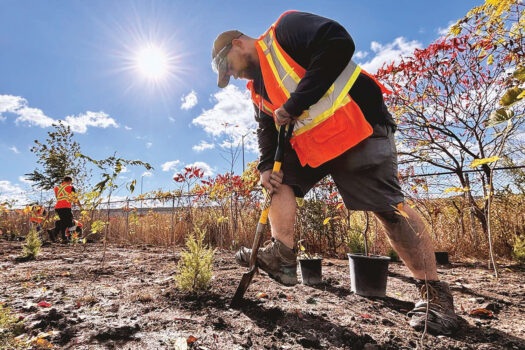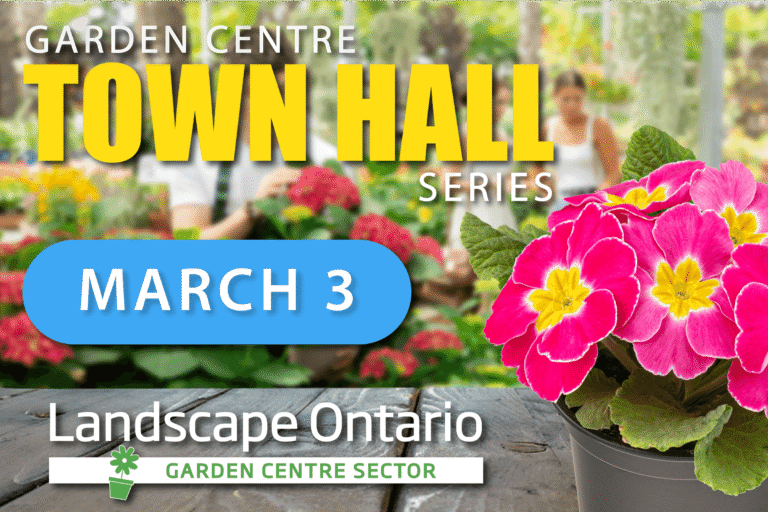April 22nd, Earth Day – the largest, most celebrated environmental event worldwide. Environmental challenges abound as our daily actions pollute and degrade the fragile environment that humans and wildlife depend on to survive. Perhaps so. Read on.
Like most others, I have a great appreciation for our earth. I am an avid gardener; grow vegetables, fruits, annuals and perennials. Most of my time in the growing season is spent tending my gardens and processing the products to enjoy through the winter months.
On our country property, there is ample space for a strawberry and a raspberry patch in the garden area. In addition to the fruit and vegetable garden, there are nearly 30 fruit trees: apple, cherry, plum and pear.
There are many joys to be had in a garden – the first ripe strawberry, that first taste of lettuce and spinach, the succulent tomatoes ripening on the vines, weighing them down as they increase in size, red and juicy – soon to be enjoyed in a delicious fresh tomato sandwich. Corn, brought into the house to a waiting pot of boiling water, is every August’s greatest treat. There are challenges in gardening as well. We share our crops with rabbits, groundhogs, birds and, let us not forget, raccoons.
But there is no joy felt in recent days, as we pick our apples and pears, with the realization that our crop could best be described as garbage.
You see, on Earth Day, 2009, it was decreed by the Ontario Liberal government that certain pesticides were banned. The list is very long, and includes those insecticides and fungicides that would have protected our pears from the mites that damage developing fruit, resulting in mostly brown skin and stunted growth. Seven bushels, of what normally would be enjoyed by those with whom we share the fruit, sit next to the wheelbarrow, waiting to be wheeled to waste. Apples that are characteristically large, red and juicy are covered with scab and blemishes; many cores are home to worms. For close to 40 years, we have set the fruit, along with a for sale sign next to the busy road that passes by our property.
Without the tools required to maintain such fruit trees, our options are few. Farmers are exempt from the pesticide ban, as are orchard growers. What recourse is there for the homeowner who has the space and the desire to grow his or her own fruit? That’s a green thing to do, is it not? We do not fit the criteria, so the ‘fruits of our labour’ become waste.
Surely, there are others who feel the frustrations related to this pesticide ban. Lawns, sports fields and parkland are quickly becoming weed patches. Country roadsides are a disgrace, with thistles and other tall weeds, gone to seed, ready to send those seeds far and wide.
An editorial in a local newspaper had the following: “Did the advice (to ban pesticides) come from the province’s own pesticide advisory committee or from Liberal politicians eager to leap aboard the increasingly-popular environmental bandwagon? On top of this, they should clarify whether people growing fruits or vegetables in their yards, something increasingly in vogue in green circles, will be allowed to use chemicals to combat insect or fungus infestations.”
Green living, indeed!
Ruth Wright, Bloomingdale








